Gymkhana closed in June 2019 for an extended period following a fire, but reopened in February 2020. The ground floor dining room looks very similar, but the downstairs room has had a makeover, and there is a brand-new kitchen. Both gas and charcoal tandoors are installed, the former for bread and the latter for grilled dishes.
The head chef nowadays is Jitin Joshi, who worked in Dubai for three years for the Taj hotel group, but had a classical culinary training in the UK at restaurants including Maze with Jason Atherton, Restaurant 101 and also with chef Eric Chavot. There are plenty of menu options. There was a tasting menu at £85, a vegetarian tasting menu at £80, a shorter tasting menu at £60, a three-course lunch option at £32.50 (two courses for £27.50), lunch tasting menus at £40 and £50 as well as full a la carte. The latter has some quite ambitious pricing, such as tandoori lamb chops at £38.
The wine list had 267 labels and ranged in price from £32 to £1,995, with a median price of £87. The average markup to retail price was more than 3.7 times, which is very demanding even by the grasping standards of Mayfair. Sample references were Lioness of McLaren Vale, Dandelion Vineyards Shiraz 2017 at £48 for a bottle that you can find in the high street for £11, Vigno Morandé Carignan 2013 at £65 compared to its retail price of £17, and Notary Public Santa Ynez Valley Cabernet Sauvignon 2015 at £92 for a wine that will set you back £30 in the high street. For those with the means there was Bodegas Vega Sicilia Único Reserva Especial (2005, 2006, 2007) at £750 compared to its retail price of £383, and Château Margaux 1er Grand Cru Classé 2005 at £1,955 for a wine whose current market value is £932.
A selection of popadoms were accompanied by shrimp sorpotel, a house pickle and a lime pickle. The sorpotel was interesting, as this dish, flavoured with vinegar, is usually made with pork and is a Goan festival dish. The shrimp variation here was lighter but still had a sharp kick of vinegar, and worked well. The first course that we tried was goat keema i.e. minced shoulder of kid goat prepared with spices, topped with crisp onions and served with bread rolls (pav) that had been made from scratch in the kitchen and lightly toasted. The idea is to fill these with the mince as a sort of impromptu sandwich. This was an enjoyable dish, the goat having quite rich flavour and laced with fenugreek, the onions providing a textural contrast (14/20).
Chicken tikka, the bird itself originating from a farm in Essex, was marinated with dried fenugreek leaves before being cooked in the charcoal tandoor. The pieces of chicken were large and precisely cooked, the spices from the marinade having been absorbed into the meat, the result being extremely tender. This was top of the range chicken tikka (16/20). On the side was a salad of sprouting moong beans with kachumber (tomatoes, onions, cucumber). Chettinad duck was presented under a conical dosa. The meat was marinated with yoghurt, turmeric and a mixed spice paste. Some pieces of the duck were a tad stringy, and the slightly crisp dosa was fine but I preferred the texture of many that I have eaten in India (13/20).
Butter chicken was, by contrast, very tender, with the usual mild, rich, creamy tomato sauce. This is a very common dish, but here was extremely well made (15/20). Biryani, rather than the traditional lamb, here featured muntjac deer. It was nice to see it served with its pastry crust intact, the pastry casing here laced with carom and other seeds. The meat inside avoided dryness, and the rice was quite fragrant, though it didn’t compare in texture with the very best biryani that I have eaten, for example at Adaa in Hyderabad (14/20). Thin strips of bhindi (okra) was deep fried, which is one way to avoid the okra becoming slimy, but the strips were so thin that you tasted batter more than okra (13/20). Black dhal with lentils and red kidney beans was cooked overnight and had good texture, in this case having a slightly buttery layer on top. This was nice though I prefer the richer flavour of, for example, the dhal at Indian Accent (14/20).A bread basket selection had a few styles of bread, the pick being a garlic naan (14/20).
Bramley apple shahi tukra was an interesting take on the Hyderabadi dessert shahi tukra, which has bread deep-fried in ghee and served with condensed milk. Here a sauce of khoya (aka khoa) i.e. dried, evaporated milk solids, was poured over the dessert. The apple seemed to be a smart idea, its acidity cutting through what would otherwise be an extremely rich dessert. This flavour balance worked nicely (14/20).
Coffee was from a Cornish company called Origin Coffee. Service was excellent, our waiter being patient and attentive. The bill, with just lassi and water to drink, came to a chunky £91 a head. We ended up with more food than we could eat, and given the quite generous portion sizes the encouragement to try lots of dishes can easily result in more food than can practically be consumed. If you ordered more carefully but added a decent bottle of wine to share then a typical bill total might be around £100 per person. You could pay less with the cheap lunch menu, but it would be easy for the bill to soar beyond this level given the rapacious mark-ups on the wine list. Overall this was an objectively good meal, and the service is genuinely excellent. The main issue for me is the stiff price point, but this does not seem to put off the punters one little bit. It is apparently already booked up months ahead, just days after the reopening.
Further reviews: 12th Sep 2024 | 25th Sep 2015 | 23rd Oct 2013












































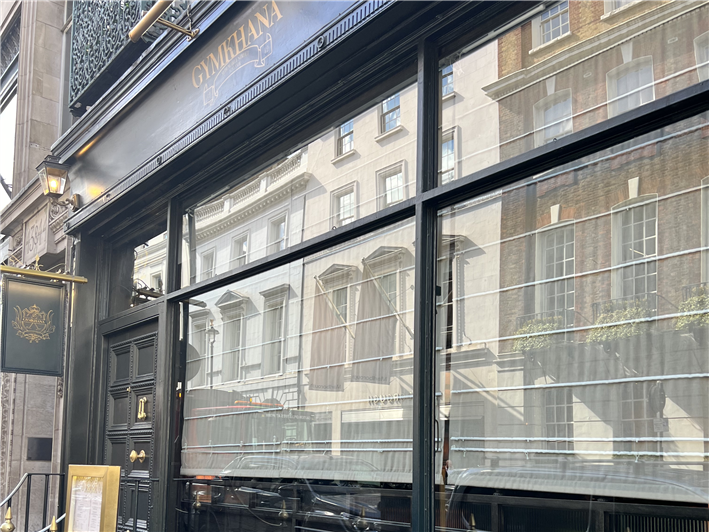

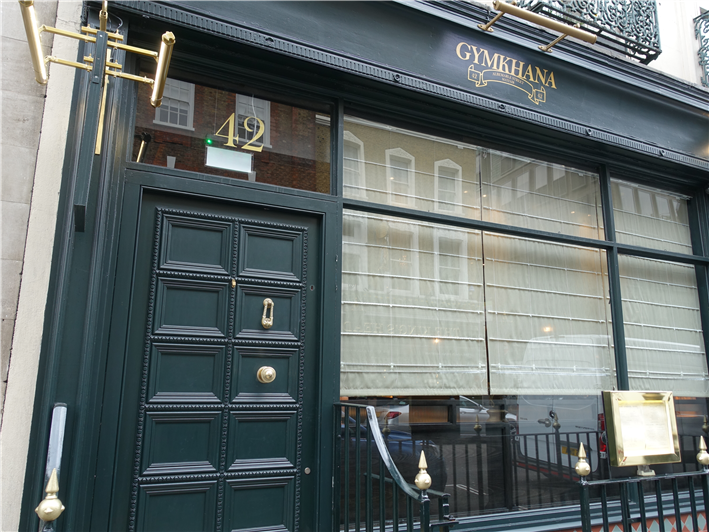
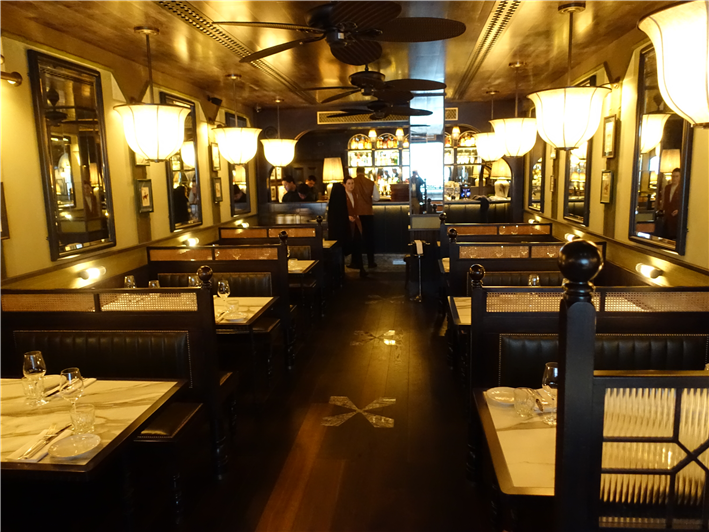
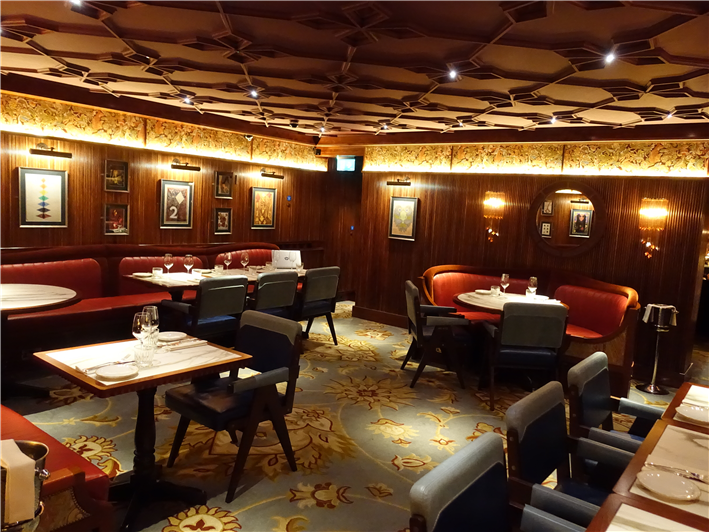
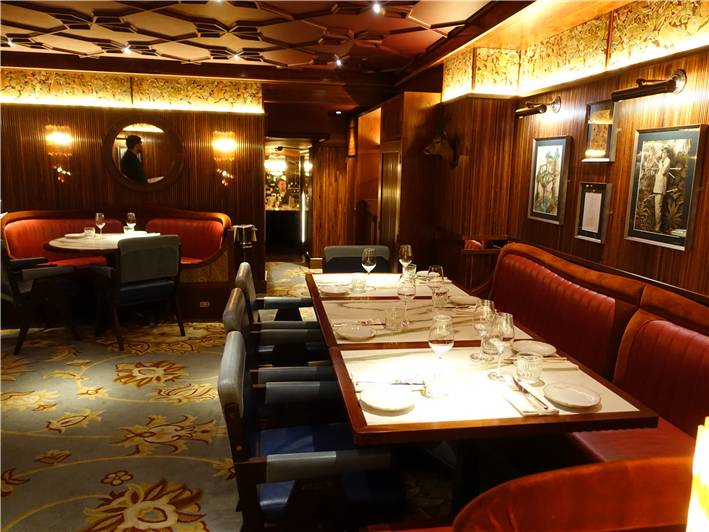
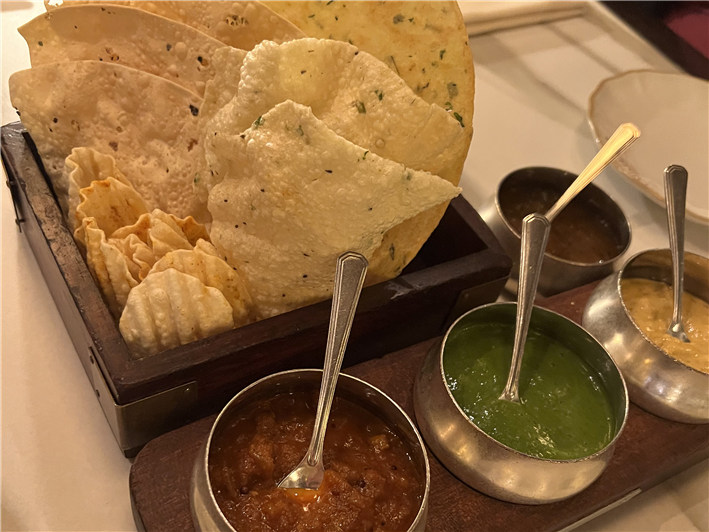
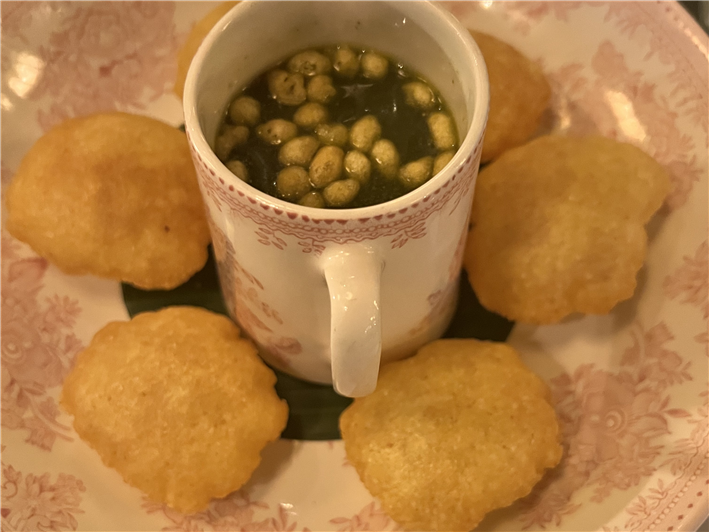
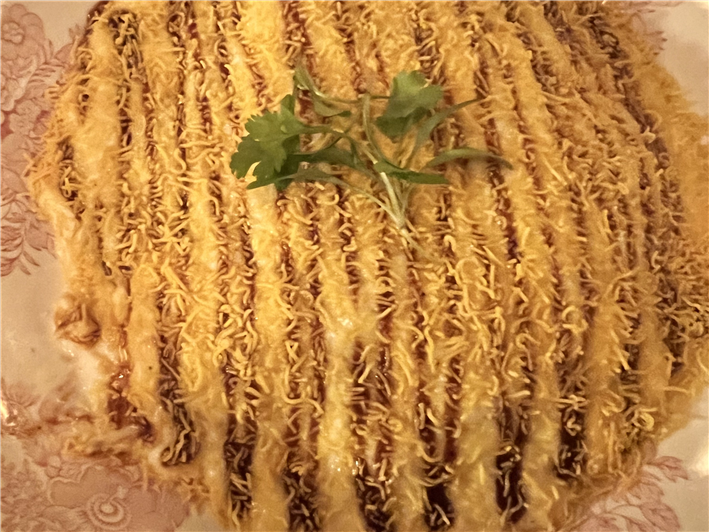
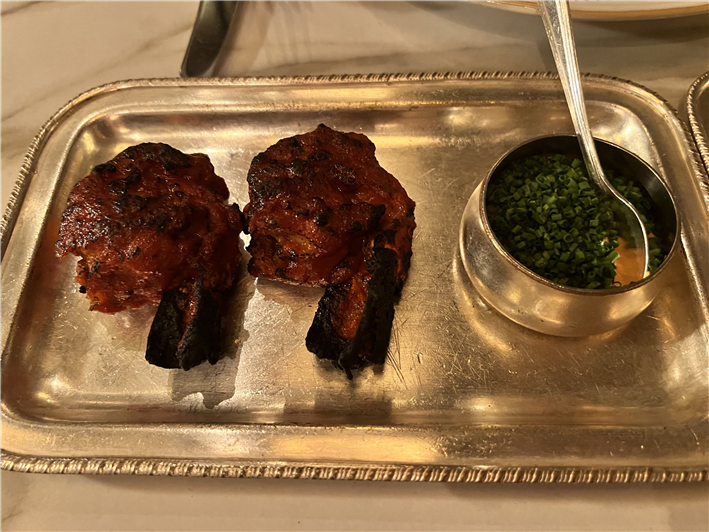
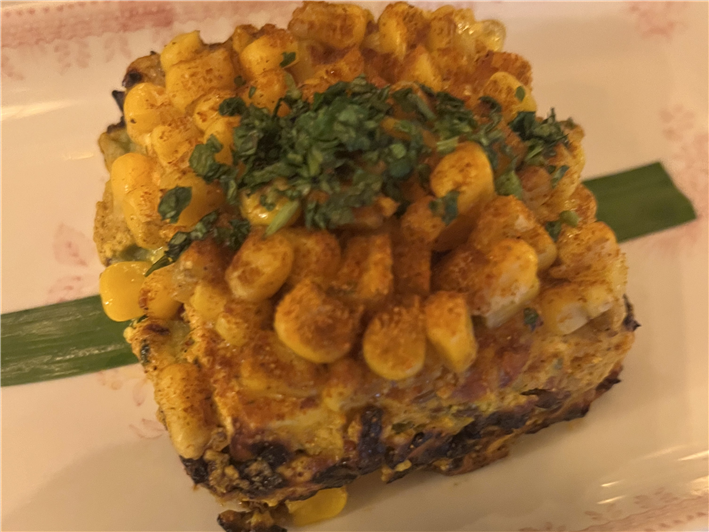
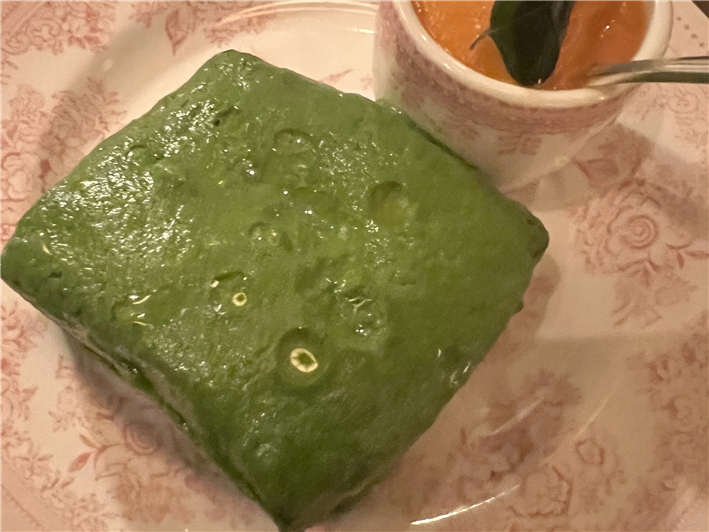
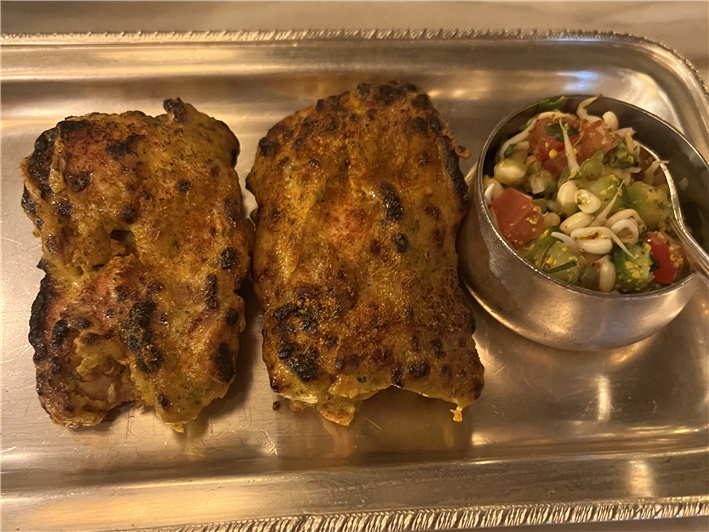
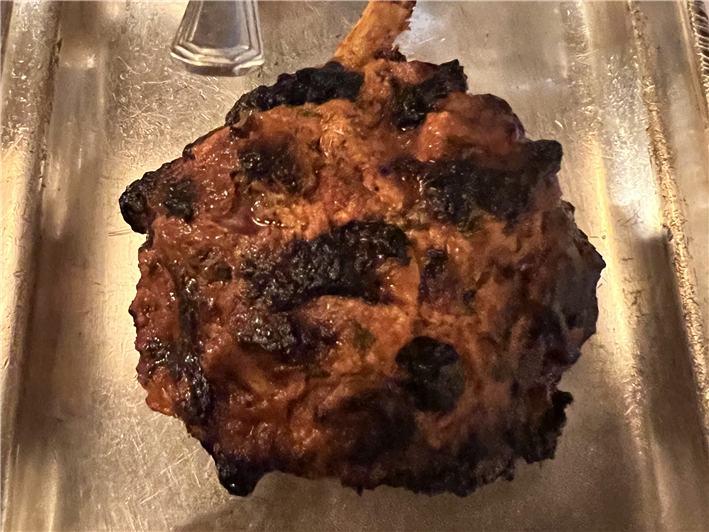
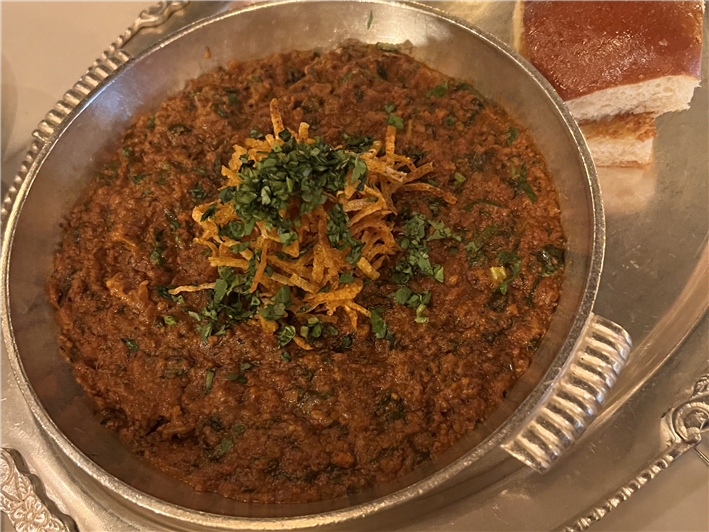
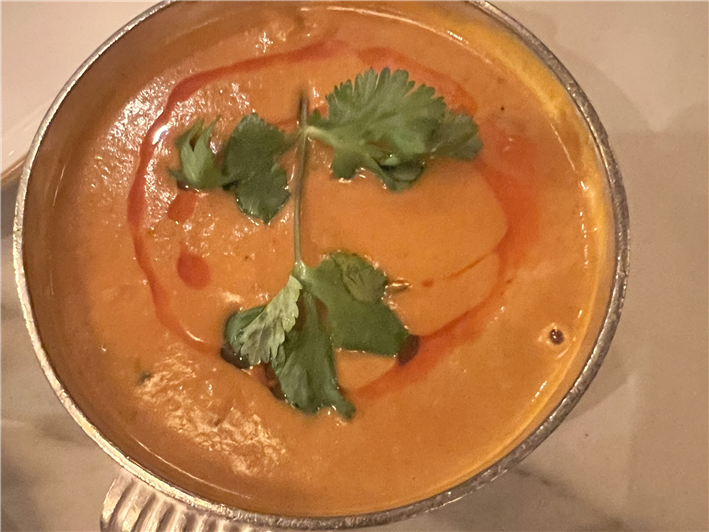
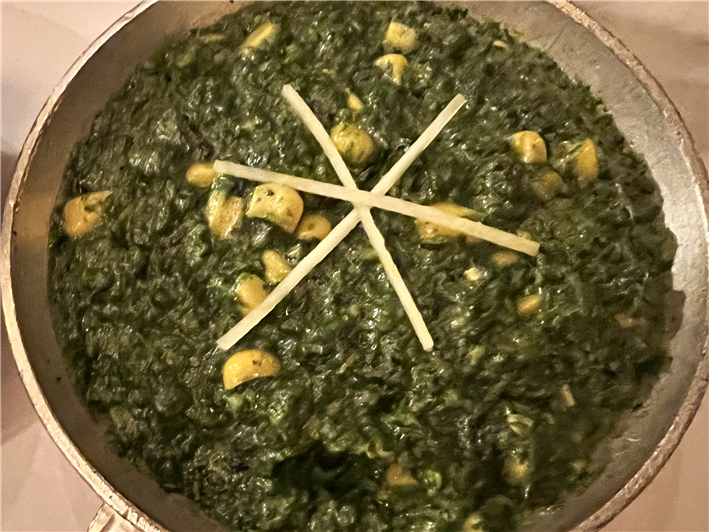
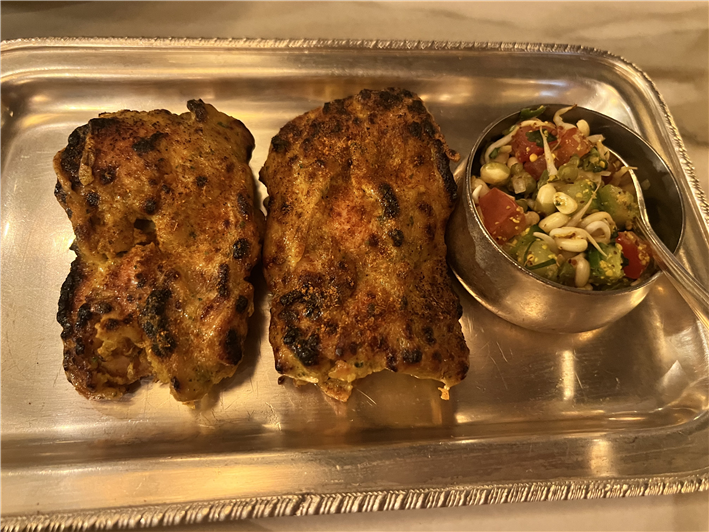
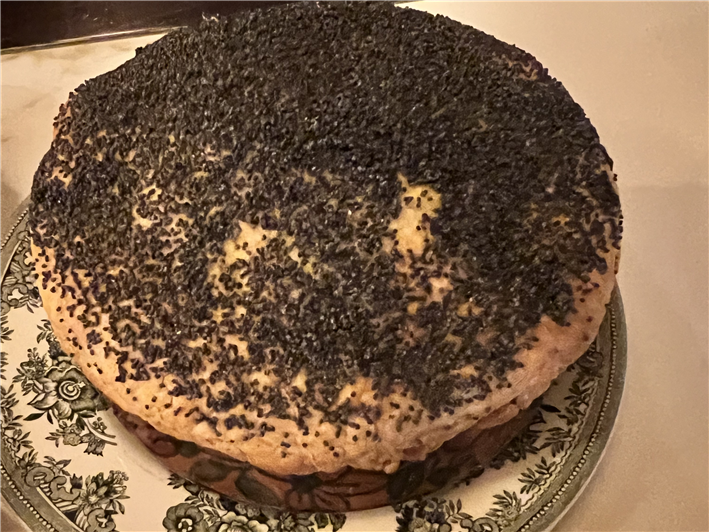
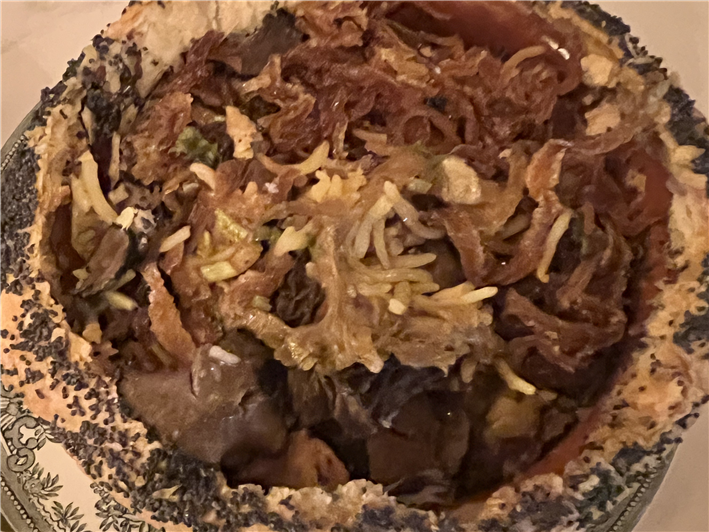
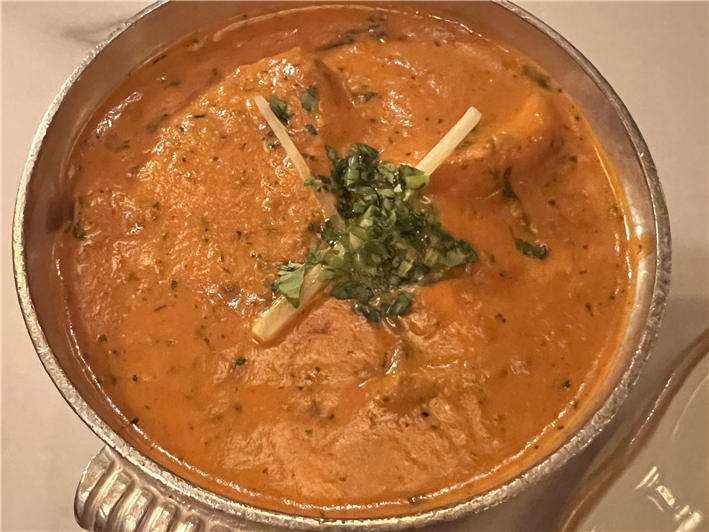
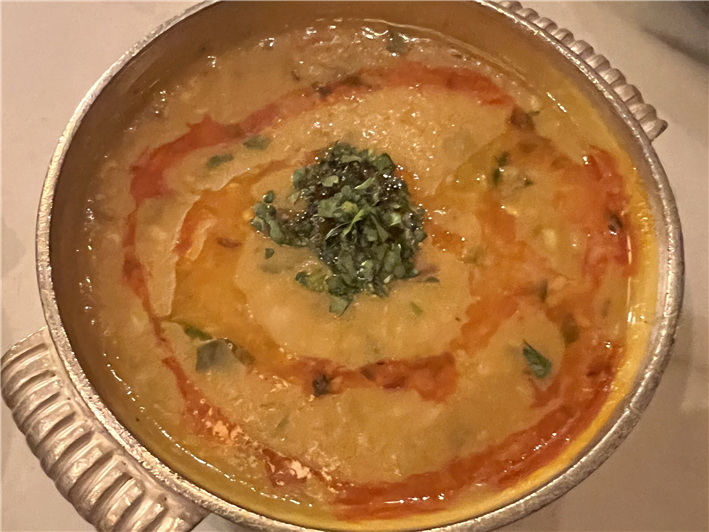
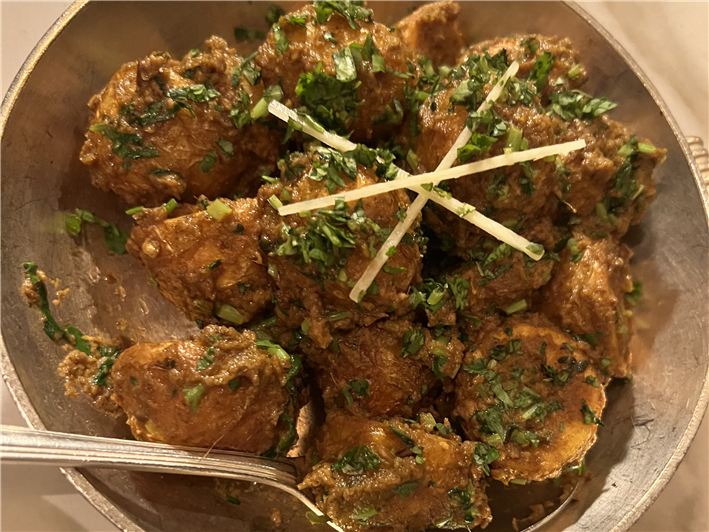
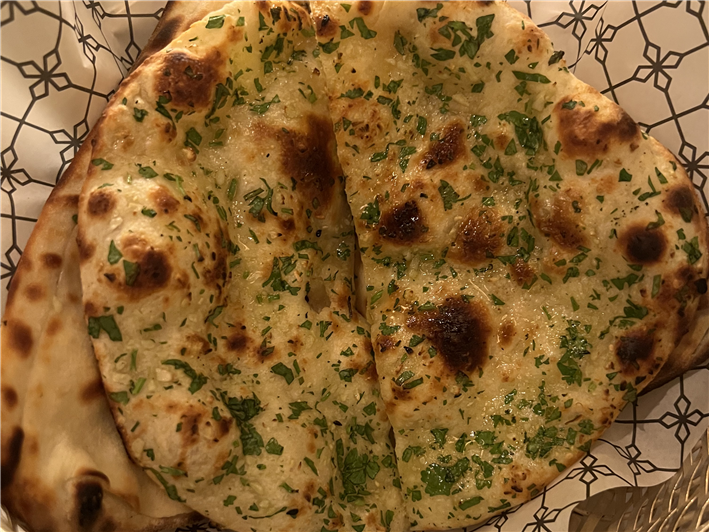
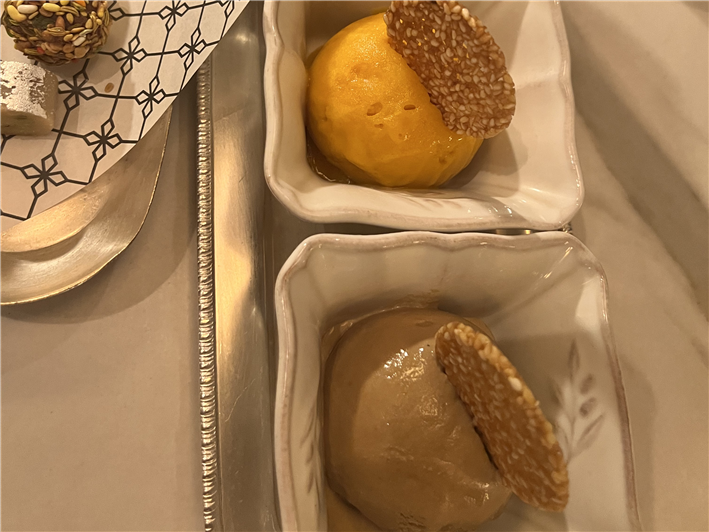
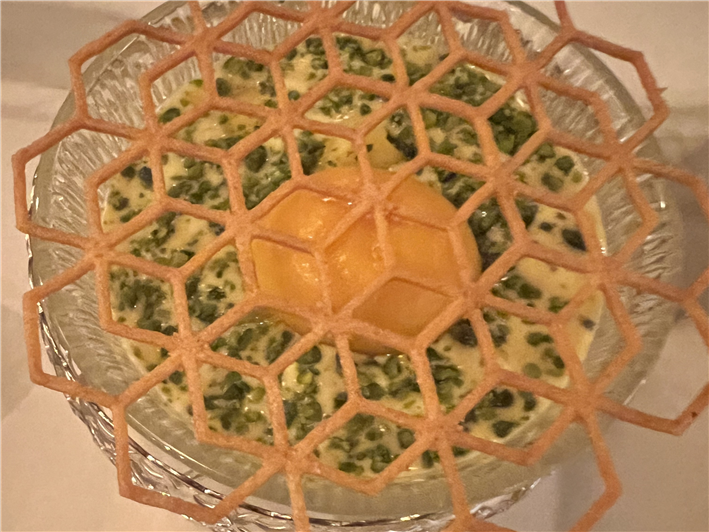
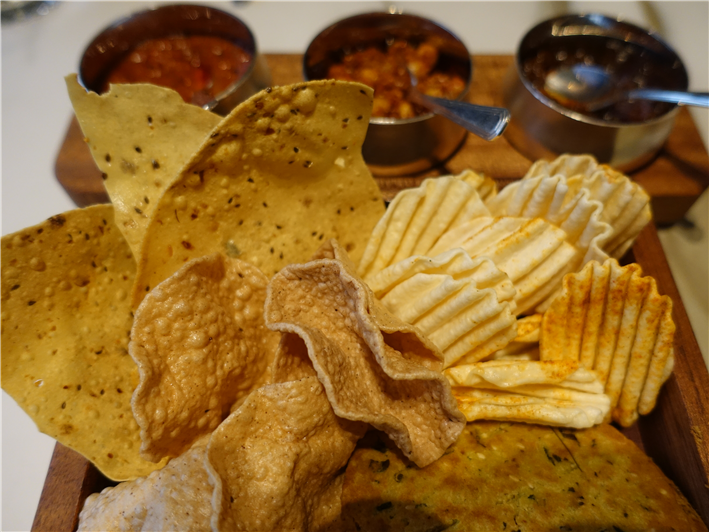
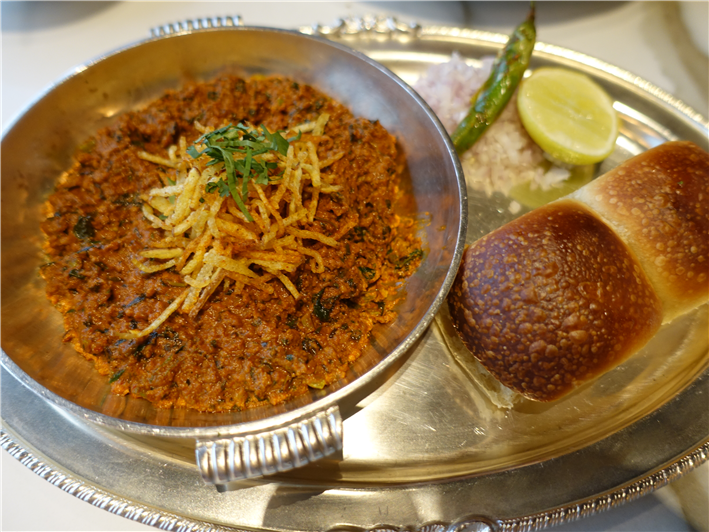
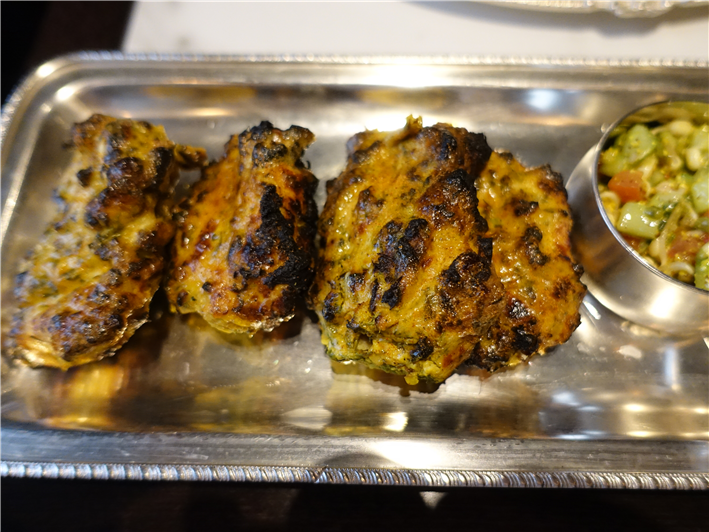
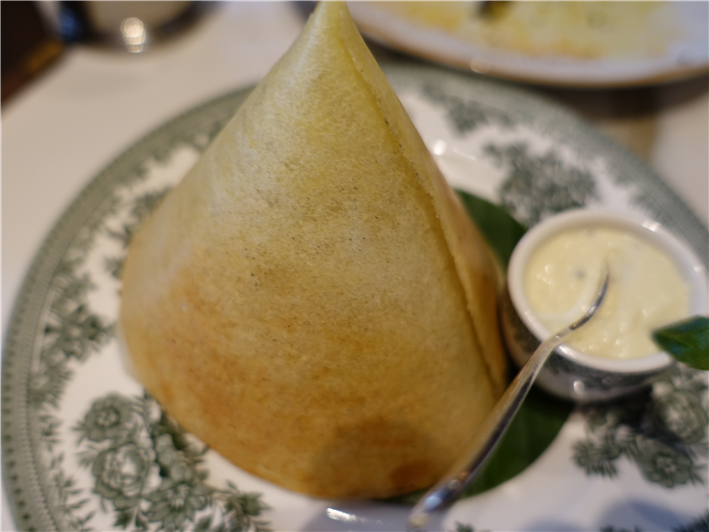
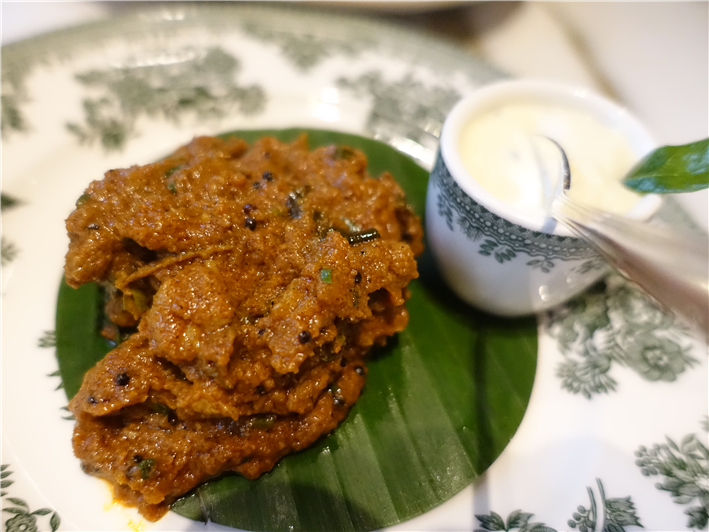
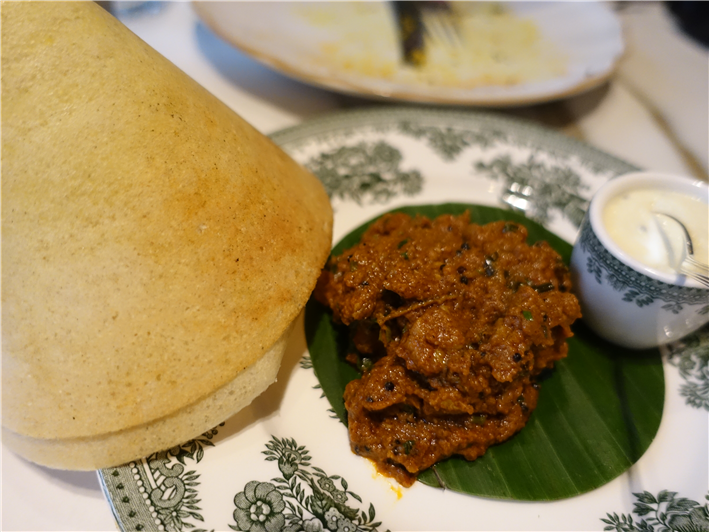
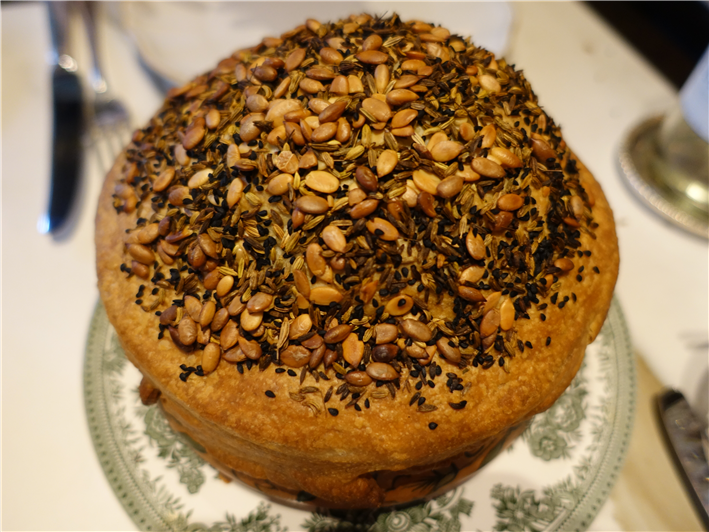
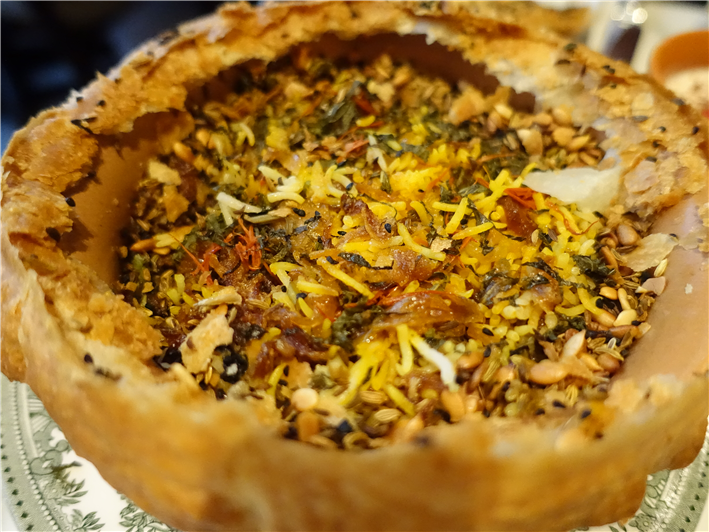
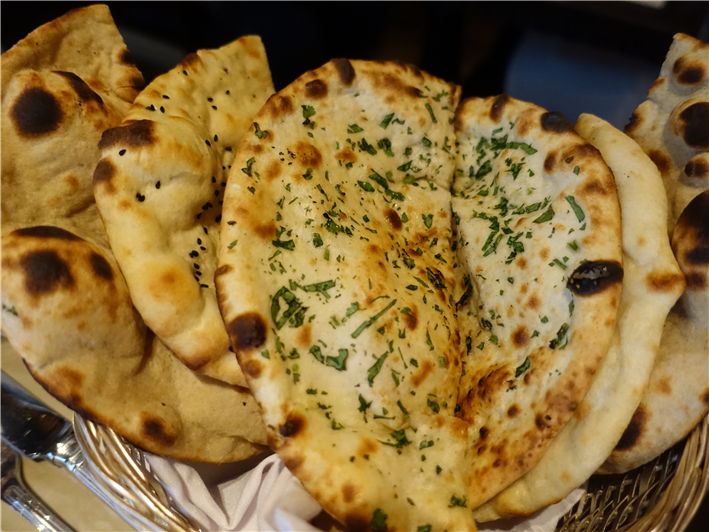
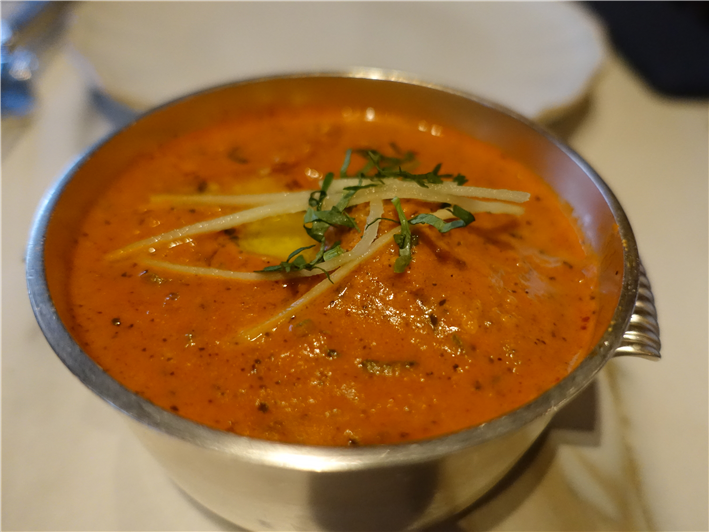
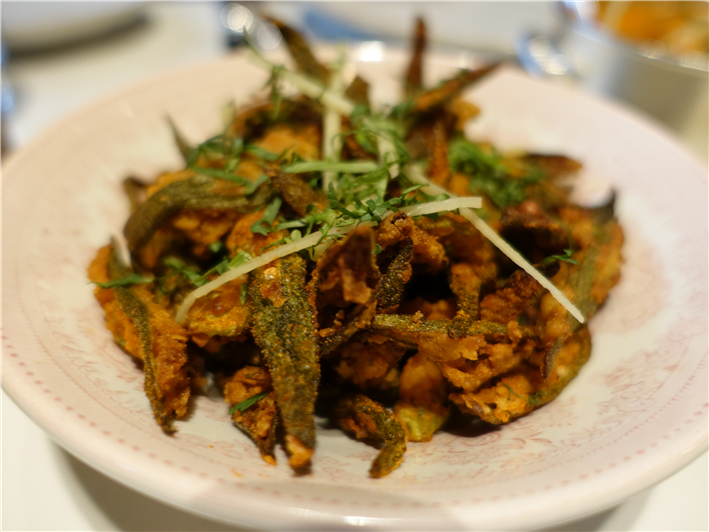
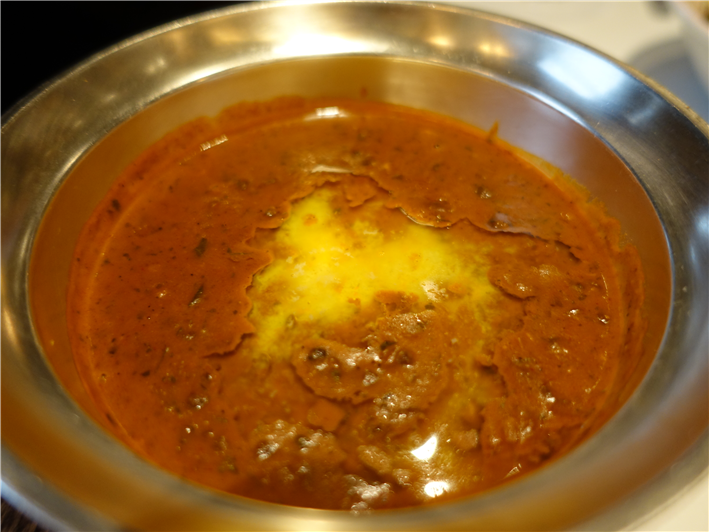
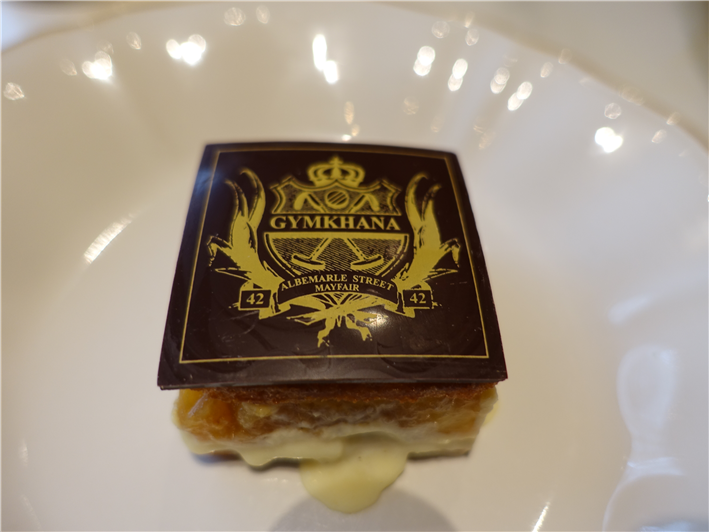
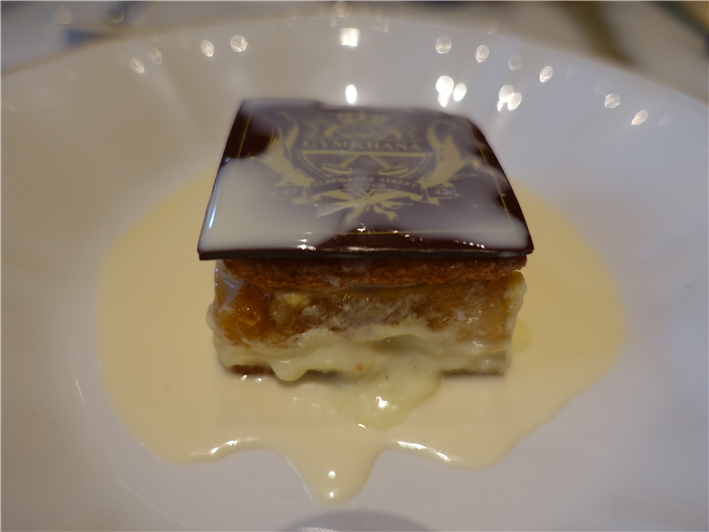
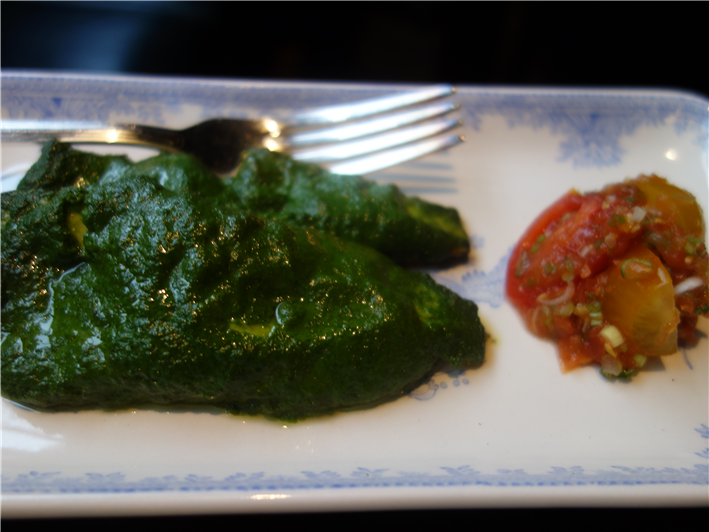
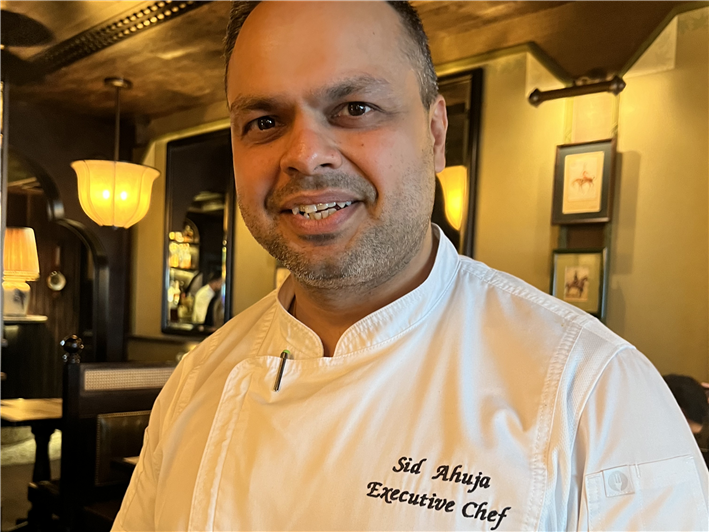
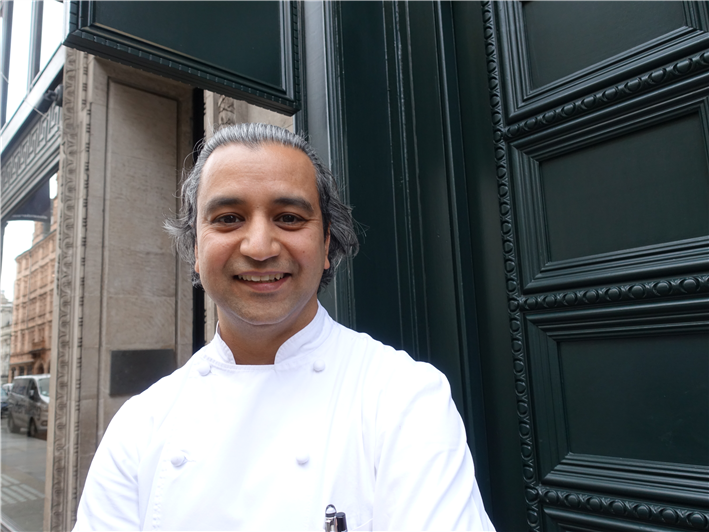

Add a comment
Thank you for submitting your comment, this will be checked and added to the website very soon.
User comments